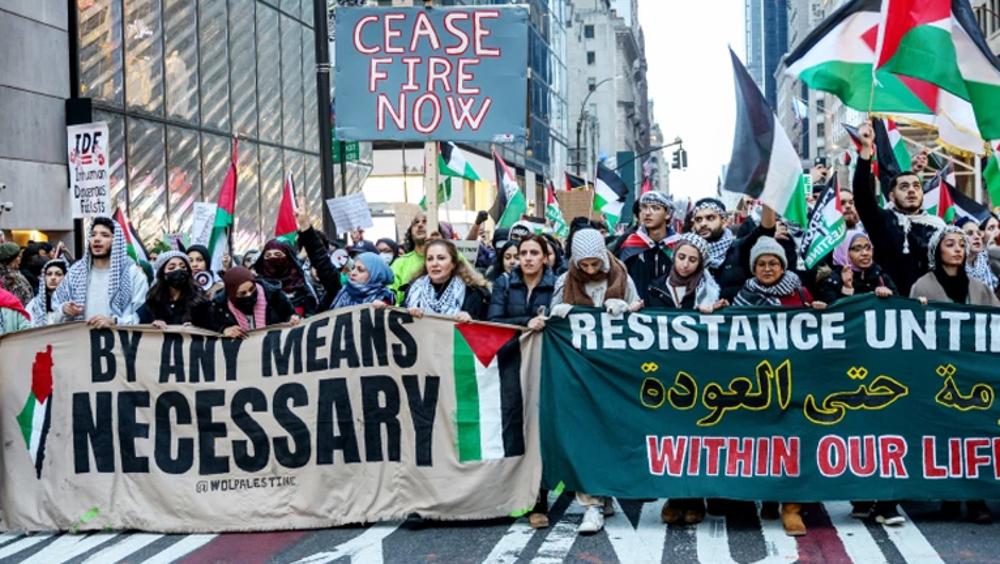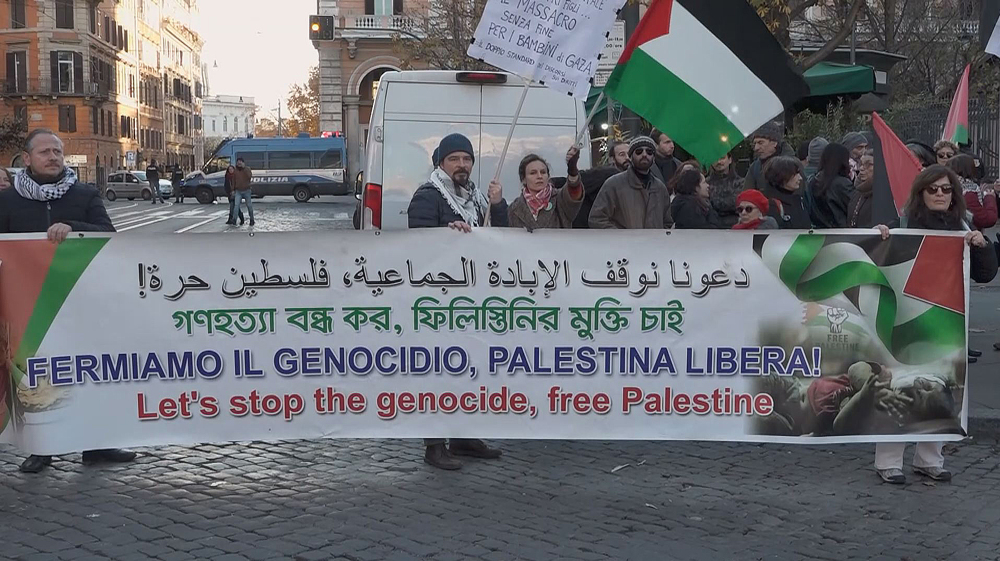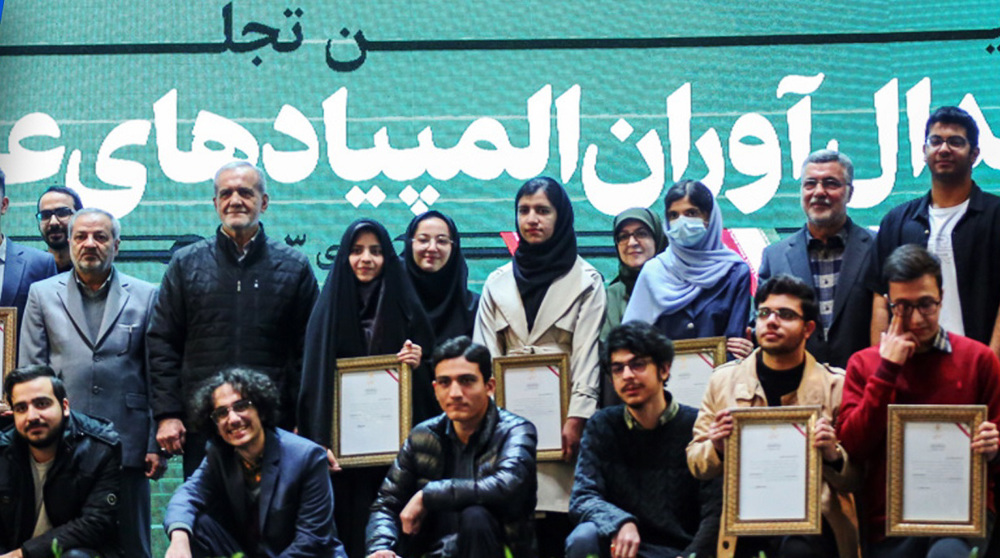Indian government policies systematically discriminatory against Muslims: HRW
Munawar Zaman
Press TV, New Delhi
"Everyone together," "development for all," and "everyone’s trust," these were the slogans of Indian Prime Minister Modi in almost all election campaigns since 2014, when his party fought a historic and a fierce campaign with a landslide victory.
Seven years down the line, it seems that the promises made are not satisfactory. Based on a latest report by Human Rights Watch, the ruling BJP party has adopted various laws and taken actions that legitimized discrimination against religious minorities and stigmatized the critics of the government since coming to power in 2014.
Violence against minorities is a historic issue in this part of the world, but since the emergence of the Hindu nationalist government of BJP in 2014, anti-Muslim sentiments have increased. Experts say it's all happening amid state-sponsored impunity for a larger political agenda.
Kavita Krishnan is a renowned social activist In India. She says besides large-scale discrimination against the Muslims and a mounting crackdown on the voices critical of the government shortfalls, critics are also being intimidated and labeled anti-national rather than anti-government.
Another well-known author and activist, Harsh Mander, says today’s India is different than the one Mahatma Gandhi dreamed about, which was an inclusive India.
In recent years, Muslims have witnessed systematic repression, which includes hate speech, hate crimes, mob lynching, the controversial citizenship law, the issue of Babri Mosque, stripping Kashmir of special status, among others. The ruling party, however, denies that it is discriminating against the community.
Israel indicts two settlers over suspected spying for Hezbollah
Iran: US airstrikes on Yemen war crimes, violation of international law
Yemeni armed forces down F-18 fighter jet, repel US-UK attack: Spokesman
Iran warns against US-Israeli plot to weaken Muslims, dominate region
VIDEO | Public uproar in US against Israeli regime
‘Ghost town’: 70% of Jabalia buildings destroyed by Israel
Mother’s Day: Sareh Javanmardi’s inspiring journey as Paralympic champion and mother
Russia downs over 40 Ukrainian drones as Putin vows 'destruction' on Kiev









 This makes it easy to access the Press TV website
This makes it easy to access the Press TV website